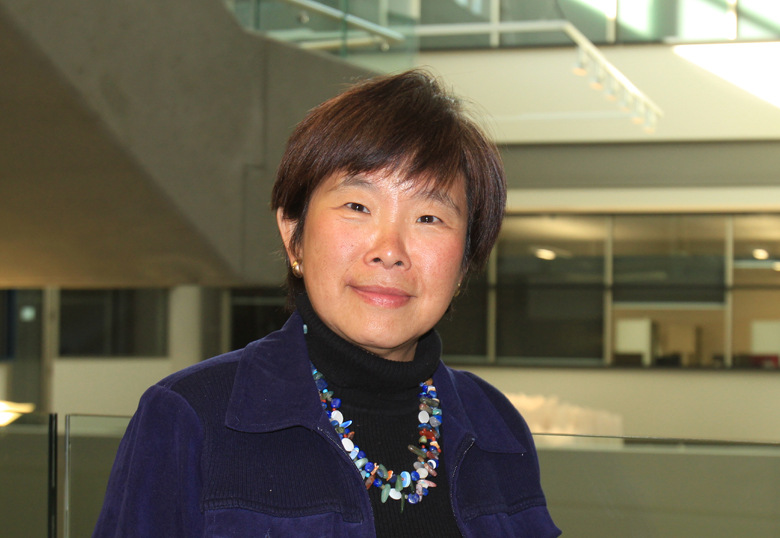A major two-year grant worth $153,000 from the Alberta Gambling Research Institute will allow University of Lethbridge Health Sciences professors, Drs. Bonnie Lee and Darren Christensen, and their team to gauge the effect of a specialized couples counselling model.
Developed by Lee, Congruence Couple Therapy (CCT) has already undergone a pilot randomized trial and proven its efficacy when used with couples where one member has a gambling disorder. Now Lee is excited to evaluate the use of the therapy in partnership with Alberta Health Services (AHS).
“We are intrigued to compare the treatment outcomes using the model for gambling and for alcohol use disorder, which is at least six times more prevalent than gambling disorder,” says Lee.

Five researchers from the U of L and the University of Alberta are involved in a research study that will be conducted at four AHS service sites over a two-year period. Researchers are now visiting each community, including Edmonton, Red Deer and Grande Prairie, to familiarize themselves with current operations.
“We’re paying site visits to understand the needs and variations of existing programs because we will be comparing outcomes using the CCT model to the usual treatment,” she says.
Counsellors with AHS will receive training in CCT and couples who volunteer for the study will be randomly assigned to receive either CCT or existing programs. After 12 weeks, treatment outcomes will be assessed by counsellors and the couples involved.
CCT addresses the roots of addiction and the impact of traumatic childhood family experiences that maintain it.
“Addiction is essentially a relationship disorder with breakdown of trust and communication beginning early in life. Those patterns are displayed in how a couple interacts. Healing partners in intimate relationships is a springboard to recovery,” says Lee.
In Lee’s pilot randomized trial, couples said the therapy was life-changing and gave them compassion for each other. They reported CCT helped them understand what lies behind the addiction to avoid blame, better listen and respond to each other, and revive their spirit and sense of worth. The results are less mental distress, improved relationships, often with their children as well, and decreased need for gambling.
“This innovation I’m bringing into the field is a systemic model that allows you to look at the whole package of what feeds into the addiction,” says Lee. “I’m passionate about bringing this conjoint couple therapy format into the field. It could well develop into a way of working with parents and adolescents.”
The research study also gives university researchers the chance to step into the field to interact with AHS service providers and clients themselves. Lee says funding agencies are increasingly seeing the value of collaborations and partnerships that allow researchers and stakeholders to work together. The Canadian Depression Research Network has added another $10,000 to the study to look at the effects of the intervention on depression, which commonly occurs with addiction.
“We hope through this kind of partnership with Alberta Health Services we can speed up the process of adapting scientific knowledge to the health-care system to make it more usable,” says Lee.
